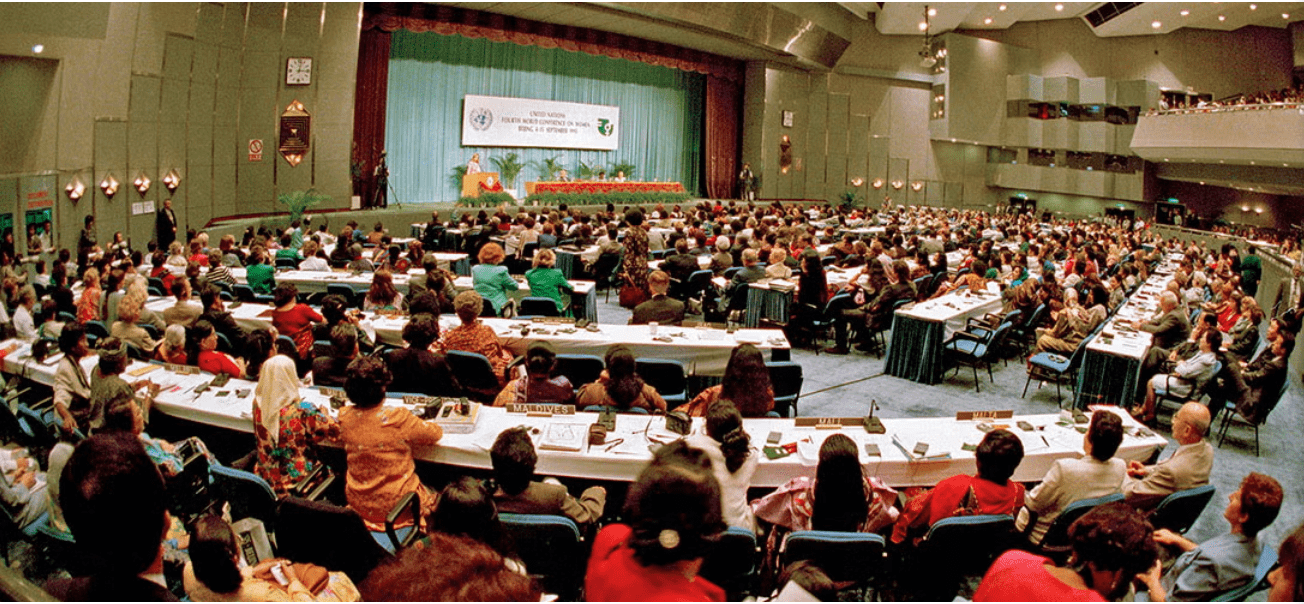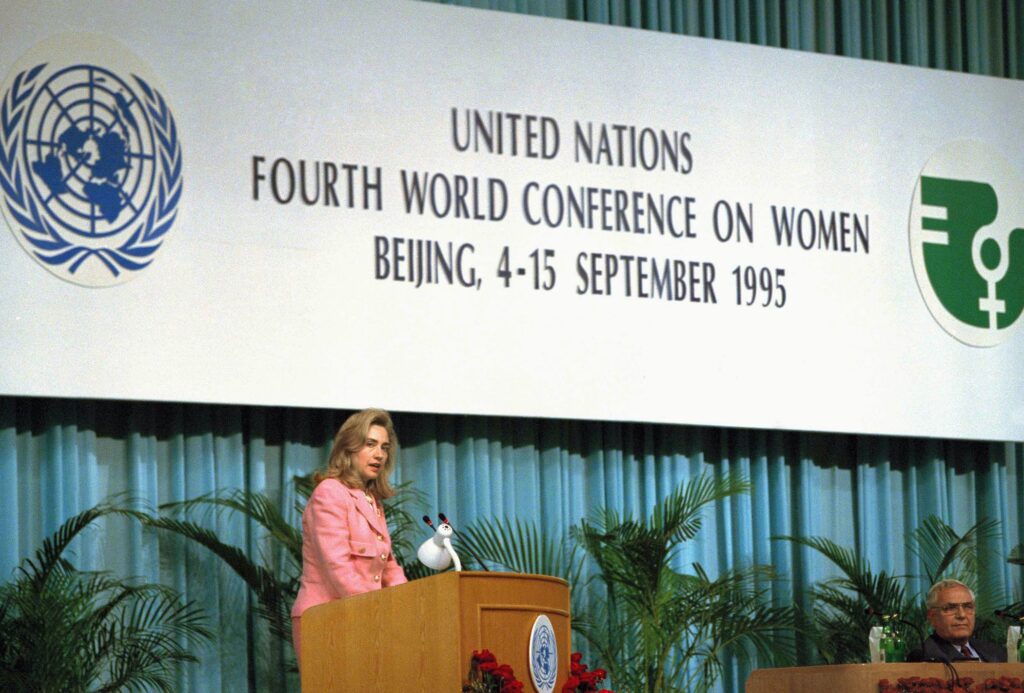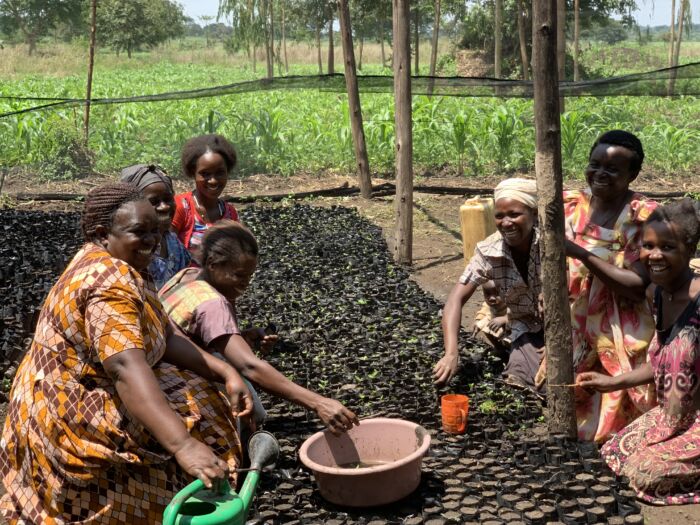
Celebrating the journey of African women towards gender equality
In 1995, thousands of women from around the world gathered in Beijing, China, for the Fourth World Conference on Women. It was a defining moment in history, marking a global awakening to the persistent inequalities faced by women.

At the recent commemoration event marking 30 years since the Beijing Declaration, key Kenyan leaders emphasized the urgency of accelerating actions to achieve equality for all women and girls. Mercy Wanjau, Secretary to the Cabinet of Kenya, asked “How can we accelerate action to achieve equality for all women and girls?”
This year’s International Women’s Day (IWD) theme, “Accelerate Action for Women’s Equality,” underscores the urgency of driving meaningful changes toward gender equality. Echoing this sentiment, Anne Wang’ombe, Principal Secretary of the State Department for Gender and Affirmative Action, emphasized the role of women in national development, stating, “When women rise, nations thrive.”
According to the African Development Bank (AFDB, 2015), women provide 50 percent of agricultural labor, spending most of their time tending to farms. Up to 80 percent of women in Sub-Saharan Africa (SSA) are responsible for ensuring their families’ food and nutritional needs are met.

According to Dr. Monica Nderitu, an environmental and climate change expert at Vi Agroforestry research shows that in East Africa, women farmers, compared to men, have lower agricultural productivity. Gender discrimination in access to and utilisation of production resources such as land, agricultural inputs, and financial services is cited as a reason.
Based on these reports, Dr Nderitu asserts that women leadership, especially in community and farmer-based organisations, is key to accelerating action towards gender equality in agricultural sectors.
While the continent’s journey toward gender equality is one of perseverance, resilience, and hope, significant strides have been made. For Kenyan women leaders, the Beijing+30 milestone is more than a moment of reflection; it is a call to action.
According to a recent report, “Beijing +30 Kenya Country Report”, women’s presence in Kenya’s political arena has grown, but it is still far from equal. 23.3% of elected officials are women—a slight increase from previous years, yet still below the constitutional requirement. The judiciary has seen a remarkable transformation, with 44% of its leadership now female, including key figures such as the Chief Justice and the Deputy Chief Justice.
For environmental experts, accelerating women’s leadership in agriculture is not only a matter of equity but also an economic necessity, Dr. Nderitu says further adding that as the world celebrates International women’s day, policymakers have a critical role to play in creating an enabling environment for gender transformation for women empowerment in the agriculture and rural development.






